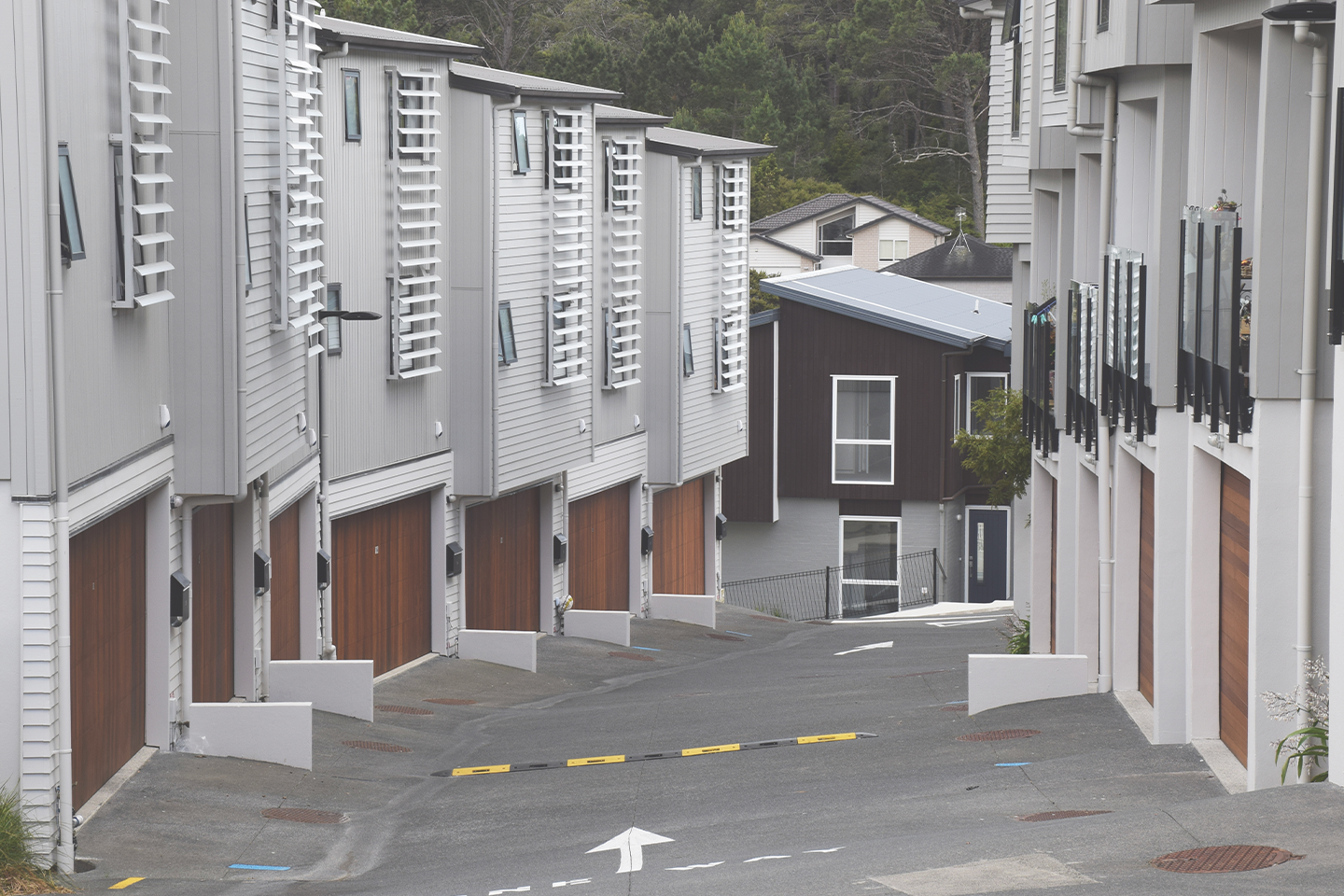
Lending, LVR and tax changes: the impact on investors
Recent tax changes have lowered incentives for property investment, and lending restrictions that cap LVRs may increase scrutiny on applicants. Here's what investors need to know.
Changes for investors
Changes to the Credit Contracts and Consumer Finance Act 2003 (CCCFA) that came into effect from 1 December increase lenders' obligations to ensure affordability and help all borrowers better understand their debts and repayments.
This comes on the heels of September's Reserve Bank announcement that those looking to invest in a rental property will now require at least a 40% deposit. This reintroduction of loan-to-value ratio (LVR) restrictions is aimed at regaining some affordability in a market buoyed by the complete removal of LVR restrictions during the pandemic.
To further slow the price growth, the government is reducing tax breaks for investment property owners purchasing existing housing stock, who will be unable to claim interest as a tax deduction, and will need to pay capital gains tax on profitable sales within 10 years of purchase, versus five years for new builds.
A 'new build' doesn't necessarily mean buying off the plan either – it's any property that received code compliance after 27 March 2020.
"The continued ability to claim mortgage interest as a deductible expense will apply to all (investor) owners within the first 20 years of the property's life," according to CoreLogic. "The exemption from the LVR rules also makes new-builds attractive for investors."
Impact on investment buyers
Investors and would-be investors have clearly felt the impact of LVR restrictions and tax changes, with the proportion of property sales to investors falling over the past quarter. CoreLogic reports that since that proportion reached a 15-plus year peak of 29% earlier this year, it has dropped to a two-year low of 24%.
Investors focused on capital growth, with a portfolio weighted towards high-growth blue-chip properties and plans to sell sooner than a decade after purchase, may do well to look at new builds rather than existing housing stock. And while a gradual slowing of property value growth has been predicted by CoreLogic analysts, apartment values may have already reached a low.
In potential good news for those looking for high rental yield as a priority, apartment value growth based on the return of travellers and students should be accompanied by increased tenancy rates.
"Mortgaged investors' appetite to purchase property has waned, although they will no doubt still be eyeing up new builds," CoreLogic tells us. And potentially, they'll be eyeing those up with waning competition as the reduction of the high-LVR speed limit to 10% of lending locks some first-home buyers back out of the market.
Those investors A lender they can truly partner with, that has not only the investment finance products, but the experience and expertise needed to help them navigate the red tape so they can capitalise on the opportunity and maximise their return." (taken from one of our sales brochures)
Whether you are looking at funding your first investment property or adding to your established portfolio, partner with a lender that has the long-term residential investment property finance products, the experience and the expertise to help you capitalise on current opportunities and maximise your returns.
Find out more about our investment property loans and how we work with investors.
This material has been prepared for information purposes only. This should not be taken as constituting professional advice. You should consider seeking independent legal, financial, taxation or other advice to determine how this information relates to your own circumstances.



 Login
Login